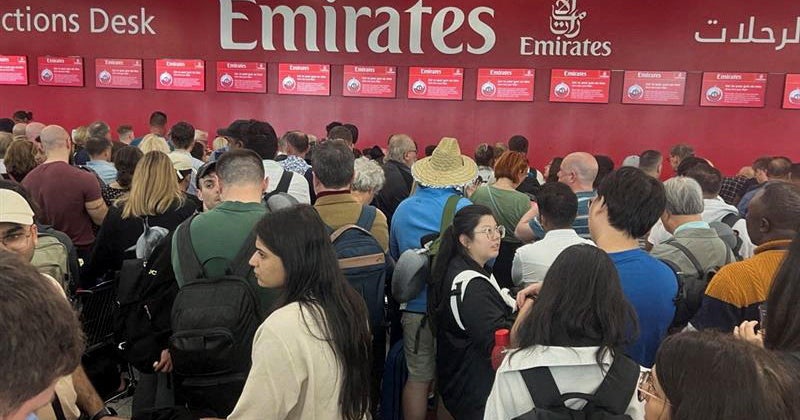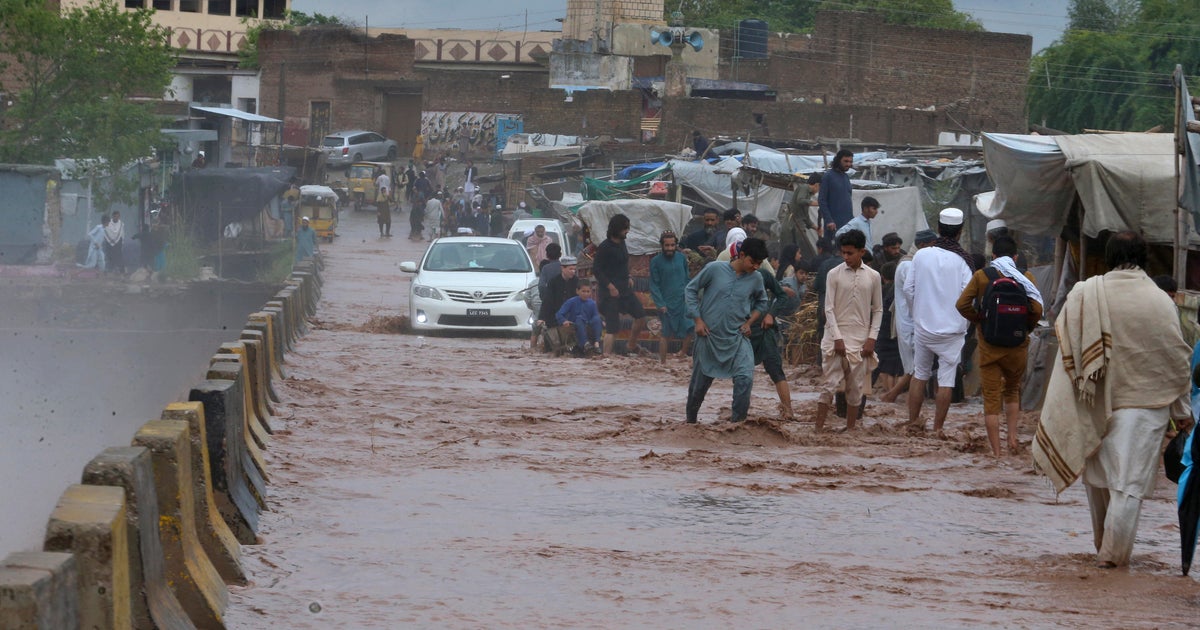Nikki Haley issues new warning over Syria chemical weapons attacks
Despite pleas, sanctions, international condemnation and even a recent U.S. airstrike, the international community has been unable to stop the use of chemical weapons against civilians in Syria. During a meeting at the U.N. Wednesday, Ambassador Nikki Haley was clear where the U.S. places the blame.
"The Assad regime continued using chemical weapons against the Syrian people," she said. "One member of this council shielded the Assad regime from any consequences, and then blocked us from renewing the Joint Investigative Mechanism (JIM). Our consensus broke down."
After the attack, a UN-OPCW report concluded that the "leadership panel is confident that the Syrian Arab Republic is responsible for the release of sarin at Khan Shaykhun."
The frustration at the council, particularly in light of the poisoning attack in Britain, took a new turn: accountability for the attacks.
"The OPCW-United Nations JIM was created for this purpose, but regrettably, its mandate was not renewed," Thomas Markram, director and deputy to the High Representative for Disarmament Affairs, told the council while referring to the veto by Russia. "While allegations of the use of chemical weapons have not stopped, consideration of a mechanism for accountability has apparently slowed, if not come to a standstill. The Secretary-General and the High Representative for Disarmament Affairs have repeatedly underlined the need to avoid impunity to ensure that those responsible for the use of chemical weapons are identified and held responsible."
"Perpetrators of such crimes must be held accountable. We cannot accept impunity," added Sweden's alternative Ambassador Carl Skau.
The threats of prosecution come as the Syrian government is making strides in the battle in Syria. Syrian forces have reclaimed parts of eastern Ghouta and President Trump has indicated a possible withdrawal of the 2,000 troops on the ground, which includes U.S. special forces and the waging of air strikes.
Lama Fakih, deputy Middle East director at Human Rights Watch lamented the lack of action by saying in part: "One year after the horrific sarin attack on Khan Sheikhoun, neither the UN Security Council nor the Organization for the Prohibition of Chemical Weapons has acted to uphold the prohibition against chemical weapon attacks."
Markram told the Council that "efforts have continued toward the destruction of the two remaining chemical weapons production facilities, by the Syrian Arab Republic."
"Destruction of these facilities, which will be verified by the OPCW, is expected to be completed within two to three months from the start of destruction," Markram said.
At the council meeting, Haley brought Dr. Mamoun Morad who is the doctor that was on duty in Khan Sheikhoun last year and was featured in a "60 Minutes" broadcast.
Last month, Haley warned that Washington "remains prepared to act if we must." On Wednesday, she issued a new warning.
"Even as the Security Council has remained deadlocked, some have stood up to demand accountability for the use of chemical weapons," Haley said. "The General Assembly overwhelmingly approved the creation of the International, Impartial and Independent Mechanism on crimes committed in Syria, which is collecting evidence for future prosecutions."
French Ambassador Francois Delattre added to the warning by saying in part: "Let us not be mistaken, the use of chemical weapons brings to the fore the threat to the international nonproliferation regime."
Responding to the threats, Russian Ambassador Vassily Nebenzia disputed the results of the investigations of the U.N.-OPCW reports, citing the fact that investigators were unable to travel to Khan Sheikhoun.
"The Russian Federation was unable to renew the mandate of the Joint Investigative Mechanism," Nebenzia said. "We proposed an alternative ... Western colleagues are insisting on a mechanism convenient for them."
Nebenzia announced the Russian Federation's call for an urgent meeting on Thursday of the Security Council on the poisoning in Salisbury, a call echoed by the Syria representative at the meeting, Deputy Ambassador Mounzer Mounzer.
"It is not just through actions in Syria that Russia's disdain for the international system manifests itself. The poisoning in Salisbury of two people with a military grade nerve agent endangered anyone who chanced to be in the vicinity," U.K.'s Ambassador Piece told the Council.
"Our lack of action has consequences. When we let one regime off the hook, others take notice," Haley said. "The use of nerve agents in Salisbury and Kuala Lumpur proves this point and reveals a dangerous trend."




